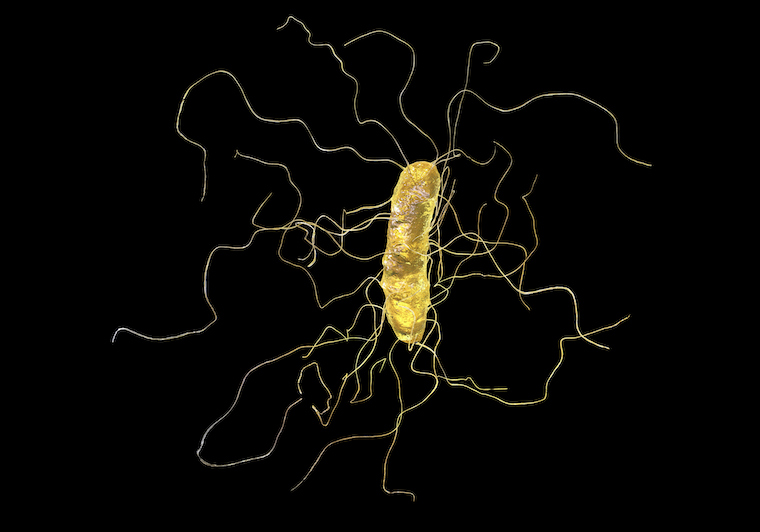We've known that fecal transplants -- literally transplanting stool from a healthy person into a sick person -- can help patients battle recurrent C. difficile infections, but we haven't really understood why. New research from our Chelsea Marie, PhD, and her team helps explain that, and the findings suggest ways we could further boost the transplant's benefits.
First, a little on C. difficile, or C. diff, as it is often called. C. difficile is a bacterium that naturally lives in our guts. Long-term antibiotic use, however, can allow it to create dangerous, potentially deadly infections. Once patients have developed an infection, they often suffer recurrences: One in six will develop another infection within eight weeks, according to the Centers for Disease Control.
Professor Marie and her team, including research scientist Ning-Jiun “Ninj” Jan, PhD, found that fecal transplants offer multiple benefits for patients with C. diff infections. First, the transplants increase the presence of IL-25, a cytokine, in the patients’ colons. This cytokine serves as a vital link in the communication chain that controls our body’s immune responses. This increase in IL-25 was accompanied by a decrease in damaging tissue inflammation.
The transplants also added to the diversity of the microbes that naturally live in our colons and created beneficial changes in gene activity, the researchers found.
The scientists believe that doctors may be able to enhance the benefits of fecal transplants by further promoting IL-25 in patients battling recurrent C. difficile.
“In the future it may be possible to combine fecal microbiota transplants with cytokine-based therapies to increase the success rate of treatment,” Jan said. “There is a lot of interplay between our immune system and our intestinal microbes, and it’s exciting that understanding their relationship is helping us find new therapies.”
